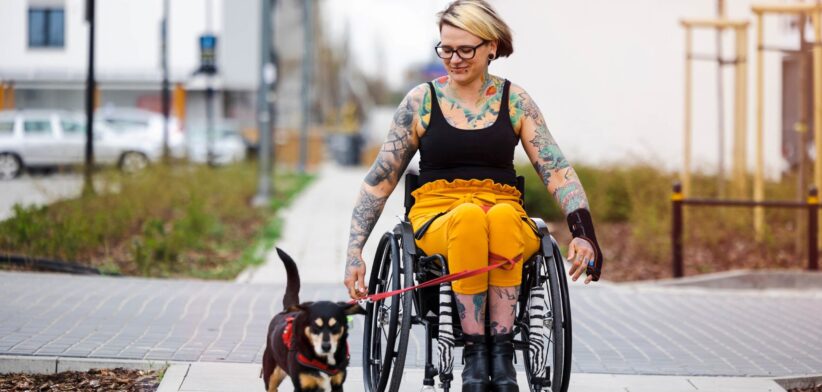The drawing power of the Paris 2024 Paralympic Games, which started today, is being used to shine a light on the benefits of assistive technology.
The World Health Organisation (WHO) and the International Paralympic Committee (IPC) are running a campaign which emphasizes the crucial role of assistive technology for Paralympic athletes to advocate for global action to improve access to the essential health products.
WHO Director-General Dr Tedros Adhanom Ghebreyesus said throughout the Games the Paralympics platform would be used to share messages and information focused on the importance of assistive technology, such as running blades, wheelchairs and release braces in archery.
Dr Ghebreyesus said the Equipped for Equity campaign would also feature personal stories from athletes who relied on assistive technology for sport and in daily life.
“The Paralympics show us what is possible and the important role that assistive technology plays for these extraordinary athletes.
“But around the world, many people still do not have access to crucial assistive technology, due to its high cost and low availability. We call on governments, donors, and civil society to prioritise these neglected but critical products, by integrating them in primary care programmes as part of their journey towards universal health coverage.”
IPC President Andrew Parsons said the Paralympic Games were one of the only global events that put persons with disabilities front and centre and, in many events, highlighted how assistive technology could support athletes to compete at the highest level.
“These technologies allow them to redefine what is possible in sports and inspire millions around the world,” Mr Parsons said.
“While we get ready to celebrate incredible athletic success, it is critical to remember that access to assistive technology remains a significant concern.”
Dr Ghebreyesus said access to assistive technology remained severely limited, with more than 2.5 billion people in need of assistive technology across the world.
“For instance, only 5 to 35 percent of the 80 million people who need a wheelchair have access to one, depending on where they live, and only 10 percent of the global demand for hearing aids is currently met.
“Without access to assistive technology, persons with disabilities are denied the right to participate in all aspects of life, and are also more at risk of exclusion, isolation and poverty.”
Learn more about the campaign.








